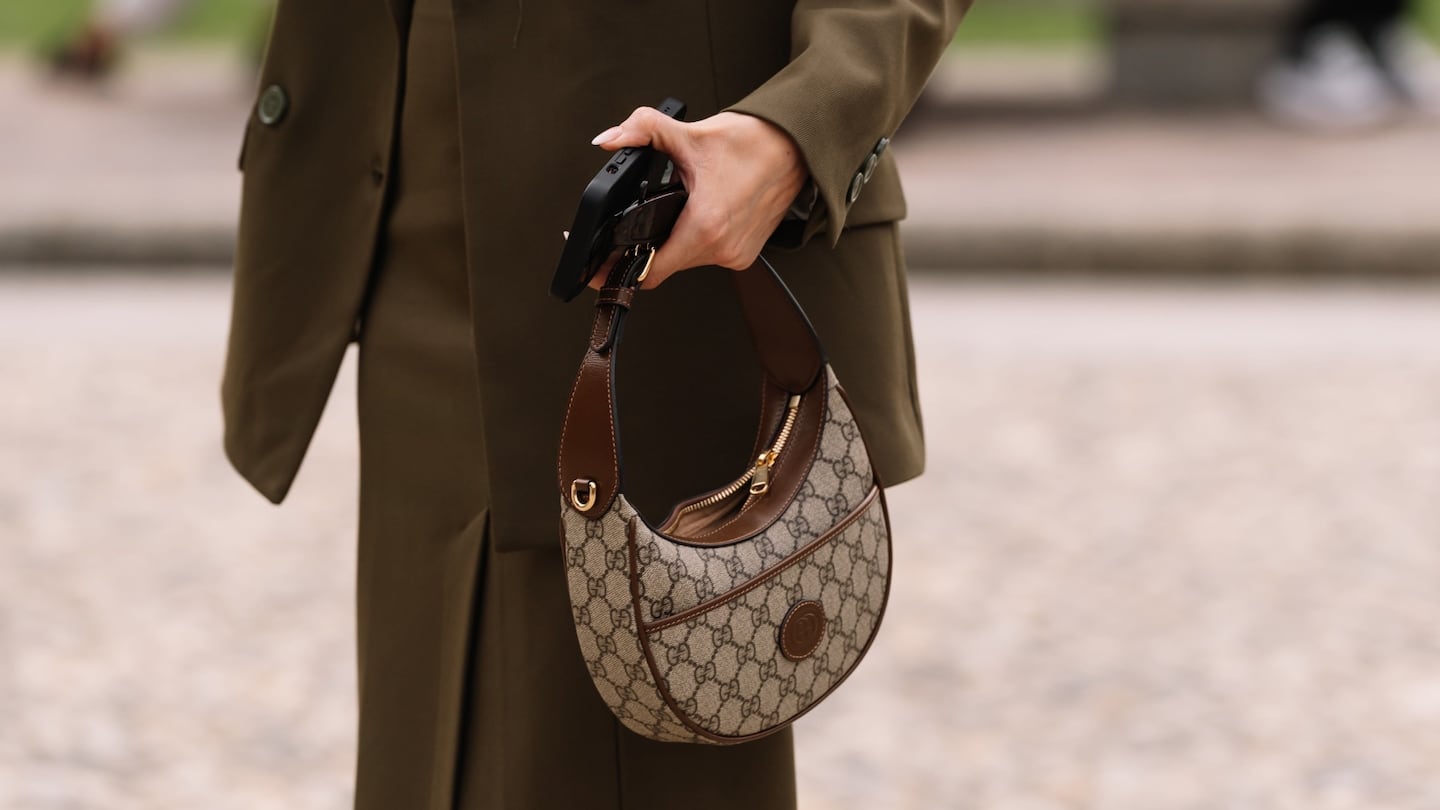
The Business of Fashion
Agenda-setting intelligence, analysis and advice for the global fashion community.

Agenda-setting intelligence, analysis and advice for the global fashion community.

Farfetch’s relationship with luxury brands is at risk following its deal to be acquired by South Korean e-commerce firm Coupang.
This month, Kering ended its Farfetch contract, which enables brands like Gucci, Balenciaga and Saint Laurent to list select goods on the e-tailer’s marketplace and ship customer orders directly from the brands’ warehouses, according to people familiar with the matter. Kering will phase out its brands in the second quarter of the year, the people said.
As a workaround, Farfetch is planning to sell high-end brands on its site without dealing with the brands directly, according to internal documents seen by BoF. The company is trying to access brands such as Loewe, Givenchy and The Row by working with a wider range of third-party boutiques to upload their inventory to Farfetch in exchange for “complete anonymity” to avoid repercussions from luxury brands, according to the documents. The efforts would include hiding boutiques’ information from customers and guaranteeing returns through an indirect returns solution.
Kering’s move is a massive loss as the luxury conglomerate in the past annually contributed more than $100 million in gross merchandise volume — a measure of goods primarily sold through Farfetch’s marketplace, where the company takes a commission — according to a person familiar with the matter. Farfetch, which was founded in 2009, typically connects multi-brand luxury boutiques’ inventories to its e-commerce site, but over the years it’s also inked partnerships directly with brands to sell their goods from their warehouses.
ADVERTISEMENT
But it may be less of a loss for Kering, which considers Farfetch an insignificant part of its online business. “E-commerce was around 12 percent of sales last year ... Within that Farfetch has always been a small player; it’s a partner among others. We have a very small exposure to Farfetch,” Jean-Marc Duplaix, Kering’s deputy chief executive, said on an earnings call Thursday. He added that Farfetch “is not a strategic partner.”
“We continue to partner closely with thousands of brands and boutiques around the world to provide an elevated online luxury experience for millions of customers,” a Farfetch spokesperson said in an emailed statement.
Kering is not the only luxury partner to have distanced itself from Farfetch. Neiman Marcus Group on Wednesday announced it had abandoned plans to use Farfetch’s e-commerce software unit, Farfetch Platform Solutions — which provides online shopping tools for companies like Harrods, Chanel and Thom Browne — to revamp Bergdorf Goodman’s online storefront and app.
Kering’s and Neiman Marcus Group’s decisions to abandon Farfetch’s marketplace also signal growing skittishness regarding the e-tailer’s future under Coupang’s ownership. Coupang is South Korea’s answer to Amazon, selling lower-priced goods across a range of categories like food, apparel and electronics.
Luxury labels are increasingly ramping up investments in their own e-commerce sites, where they can control pricing, product assortments and collect customer data. Major e-tailers, including Farfetch, Net-a-Porter, Matches, saw double digit drops in US sales in 11 of 12 months in 2023, according to data compiled by Earnest Analytics for BoF.
Additional reporting by Robert Williams.
The deal provides the online luxury giant with $500 million in emergency funding. A complex transaction that would have seen Farfetch acquire a 47.5 percent stake in Yoox-Net-a-Porter from Richemont is dead.
A newly formed group of institutional investors with a massive stake in Farfetch is requesting immediate pay back on the company’s debts amid fear that a deal with Coupang will further erode the e-tailer’s value.

Malique Morris is Direct-to-Consumer Correspondent at The Business of Fashion. He is based in New York and covers digital-native brands and shifts in the online shopping industry.
Mytheresa may not be leaps above its struggling online luxury peers, but its sales and profit growth are still modest. The company is betting that appealing to top spending clients will keep it from suffering the same fate as its competitors.
The Swiss luxury conglomerate reports quarterly results this week, as the failed deal to offload its struggling e-commerce unit to Farfetch looms large. That, plus what else to watch for in the coming days.
With global demand in flux, brands ramped up their presence at concert tours, Formula One races, tennis championships and more. New creative directors debuted at Louis Vuitton, Gucci, Burberry and Tom Ford.
While cash-strapped e-tailers Farfetch and Matches narrowly avoided collapse this week, both inking sales to new owners, online luxury’s way forward remains unclear.